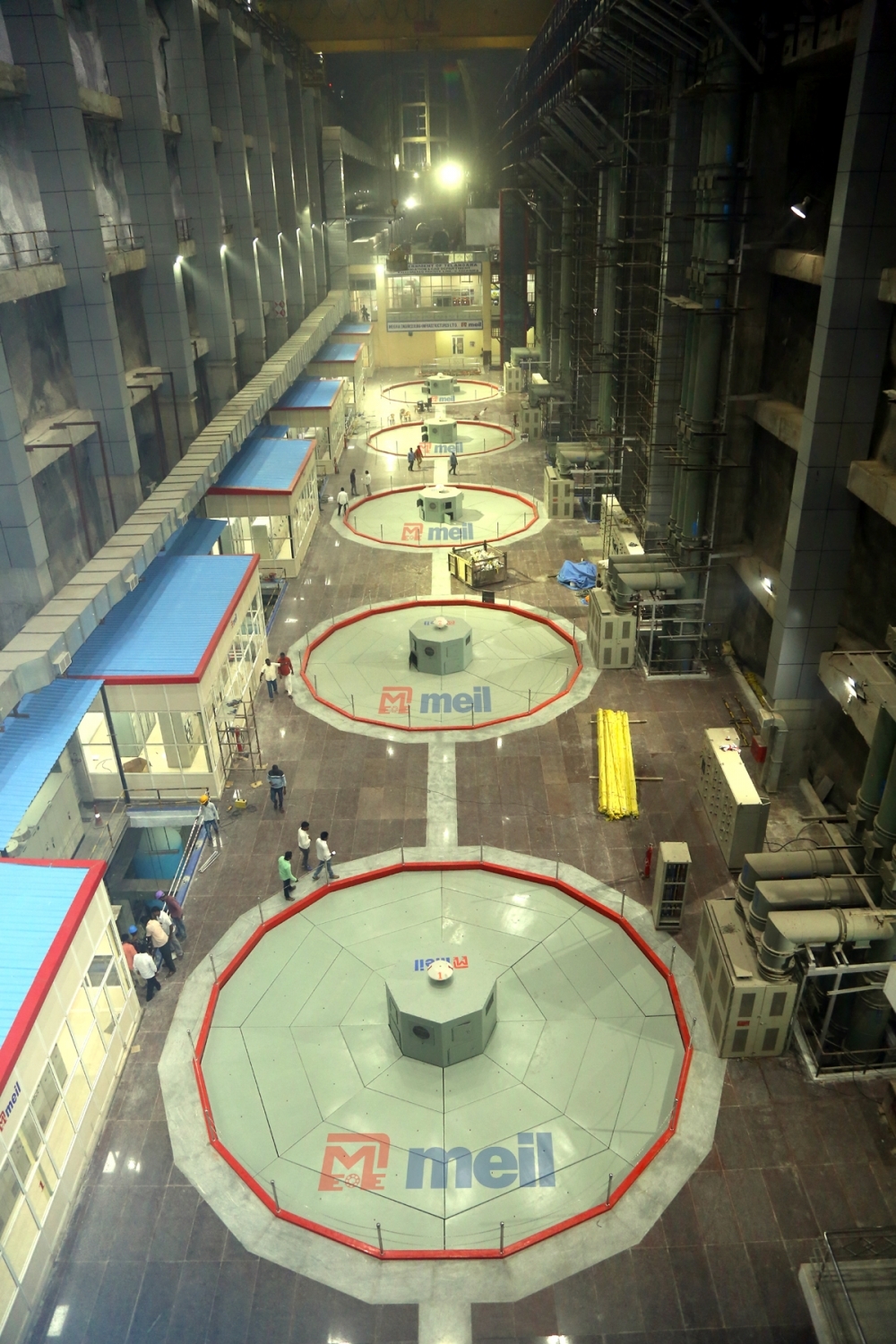The government of India has launched the world’s largest underground water pumping station in Telangana; dubbed Laximpur underground pumping station. The project, which was constructed by Megha Engineering and Infrastructures Ltd, has successfully commenced operations.
The underground water project which began with switching on the fifth machine in LUPS, will enable pumping up of 3,000 cusecs of water to a height of 111m to be evacuated into the Mid-Manair through the gravity canal.
Also Read:President Nyusi inaugurates US $10.1m water pumping station
Laximpur underground pumping station
According to Megha Engineering and Infrastructures Limited (MEIL) director, B Srinvas Reddy, the pump house was named after goddess Gayatri and has successfully completed the water run. “This is an extraordinary underground water pump, 470 feet below the ground with twin tunnel to ensure uninterrupted pumping and three largest surge pools have been built to store enough water,” he said.
“This is an ultra mega project having 7 motors each having a capacity of 139MW. The motors can lift 3 TMC of waters per day. This is a true example of make it in India as these giant motors are developed in the country with computational fluid dynamics (CFD) technology,” he added.
The project has pumping capacity of 2 TMC of water per day. Massive underground caverns have been excavated to construct the pump house and surge pools to lift incoming water from underground. The caverns are 140 meters deep, 25m wide and 65m in high.
Its Service Bay is located at 221m below the ground, while the pump bay is at 190.5m and transformer bays are at 215m with its control room at 209m underground. The pump house forms part of the mega project on river Godavari aiming to transform Telangana from a drought prone one to drought proof State.
The project will help transform the parched dry tracts of Telangana and enable live storage of water in reservoirs throughout the year in the Godavari River Belt. The pump house will also enable reverse pumping of Godavari water, thereby rejuvenating the hitherto dry areas en route.

